Feature | Celeb in reality shows: Does glam power always work?
So why are reality shows today so reliant on celebs? Adgully put that question to industry chieftains.
Rajesh Kamat, the COO of Viacom 18 Group & CEO of Colors, began by contextualizing ratings. "They reflect consumer interest," Kamat said. "With an actor like Salman Khan coming on board, a show's appeal pans across masses as well as classes¦ that clearly gets us both sets of audiences." Stars definitely take a show to newer heights, Kamat said. "More than just roping in a newer set of audiences, we want to retain them," he said. "The remote control makes entry or exit very easy, and he [a star like Salman] is the one who can actually hold an audience."
At this point, it would not be amiss to point out that the relationship between a star and the media is nuanced, and the power does not flow unidirectionally all the time. For example, Nitin Vaidya, the COO of Zee Entertainment Enterprises Ltd, maintains that: "A film is a star-driven media, and TV creates its own stars." Vaidya then went on to cite the example of Laali. "She was not known before "Agle Janam Mohe Bitiya Hi Ki Jo', but now she is a household name, that is what TV should aim to do," he said. "So TV should go beyond celebrities and make its own stars to attract audiences."
Such a view stands intriguingly poised next to an assertion like the one made by Rahul Johri, a senior vice-president at Discovery Networks, Asia-Pacific. "A celebrity gives you a good opening," Johri said. "A GEC channel is trying to deliver to the widest possible audience, and to achieve that stars are required."
But Vaidya issues a caution: "Celebrity-driven shows come at a cost. At the end of the day, you have to make business out of it because there have been instances in which stars have failed to attract audiences."
Prakash Jha, the famed film director and the chairman of Maurya TV, offered a pragmatic reading. "I think stars have their attraction," he said. "Any show that is anchored by a well-known face will obviously be more popular." Jha invoked Salman's "Dus ka Dum' as an example. "Salman entertained people and did it well," Jha said. "And Amitabh Bahcan did the first KBC. For the stars, it is just the matter of a good pay cheque. For the channels, it makes a lot of sense [to use celebs]. That strategy creates revenue, adds to a brand and the product becomes popular. If it was just anyone, it wouldn't have attracted so much media attention."


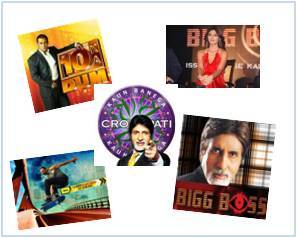
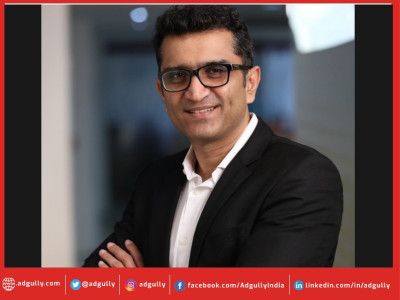
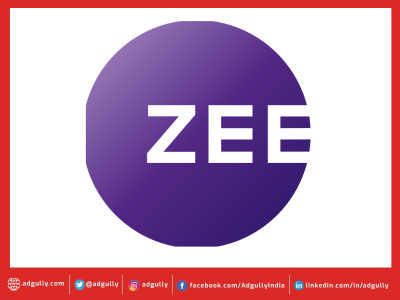
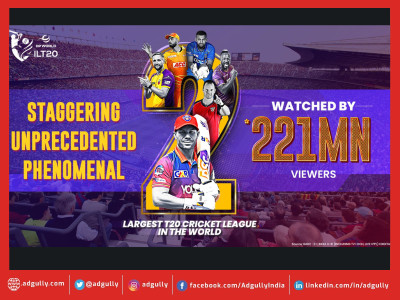
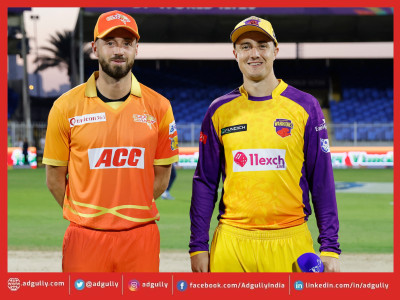
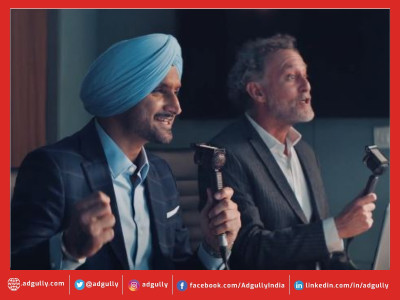


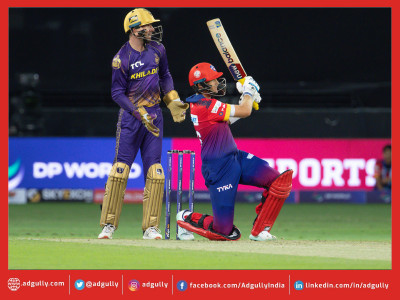

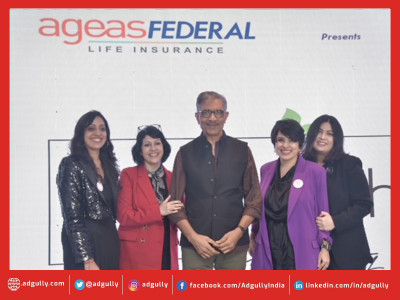



Share
Facebook
YouTube
Tweet
Twitter
LinkedIn